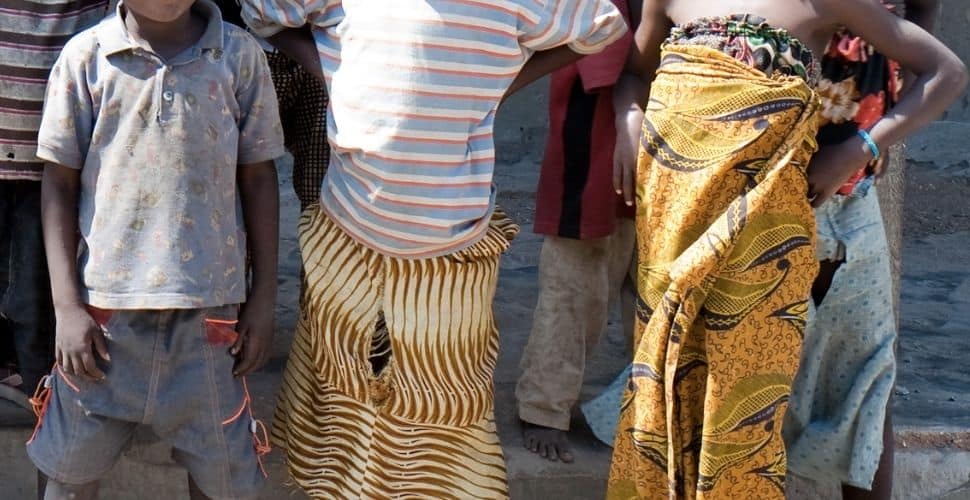“A shadowy industry”
Before 2010, fewer than 100 orphanages existed in Haiti. Today, more than 500 of these institutions exist housing tens of thousands of children in what Buzzfeed News describes as “a shadowy industry”.
An in-depth investigation has uncovered how some orphanages in Haiti, 85% of which are unregistered, are raking in millions of dollars while the children under their care are exploited and abused.
Natural disasters, political instability and with poverty affecting more than half the population, Haiti has captured the attention of foreigners seeking to send aid. Following the disastrous 2010 earthquake, $13.5 billion were donated towards Haiti’s recovery efforts. By 2012, the number of orphanages had swelled to at least 752.
How foreigners drive exploitation
Though perhaps well-meaning, missionaries from North America are part of the problem. Orphanages in Haiti continue to be founded by North Americans, often affiliated with churches, and attract hefty donations through sharing heart-rending stories of children they are supporting. But the reality for children living in these institutions is bleak.
In one facility, staff said, the boys were routinely locked up in their dormitories during the sweltering afternoon heat and not permitted to go outside until after 5 p.m. Most of the children sang songs about Jesus for visitors on command. Some frequently spent hours a day picking vegetables that orphanage officials sold to local hotels. Some directors were absent, thousands of miles away in the US or elsewhere.
U.S. citizen, Mac Archer, first visited Haiti through her church in 2009. Over the years following, she began to grow suspicious of the orphanages she was visiting and the level of care shown to the children. Reflecting today, “half my life spent in Haiti was causing trauma,” she said.
While Archer kept going back to Haiti, the number of orphanages there were multiplying. Large groups of missionaries streamed into the country with gifts and cash. Some opened their own orphanages or partnered with Haitians who already had one. Many hired koutye yo — “brokers” in Haitian Creole — who fanned out across the countryside and convinced impoverished families to give up their children by promising to provide them with food and education — and even adoption.
Too few resources to tackle the problem
With few resources, authorities in Haiti are hard-pressed to investigate orphanages in the country as more continue to appear. It cost around $28,000 to shut down one orphanage, a significant portion of the IBESR’s – Institute for Social Welfare and Research – $1 million annual budget. Despite exploitation and abuse being rampant across institutions, just four orphanages have been shut down since 2019.
In addition to exploitative conditions, the majority of children residing in these institutions in fact have at least one parent or living family member who is able to look after them. This is replicated globally with 80% of the world’s estimated 5 million children living in orphanages in fact having a family.
The tourism industry can help
We know that tourism and foreign aid can cause damage to vulnerable children in orphanages by providing a financial incentive for traffickers to ensure there’s a constant supply of children available in these institutions to elicit donations from tourists.
That’s why we’re calling on volunteer tour operators to play their role by committing to stop offering orphanage placements and sustainably move away from supporting orphanages.
Take action for children in orphanages today by sending volunteer tour operators a message here. Watch our Instagram Live with Go Overseas explaining the harms of orphanage volunteering here!







Freedom United is interested in hearing from our community and welcomes relevant, informed comments, advice, and insights that advance the conversation around our campaigns and advocacy. We value inclusivity and respect within our community. To be approved, your comments should be civil.